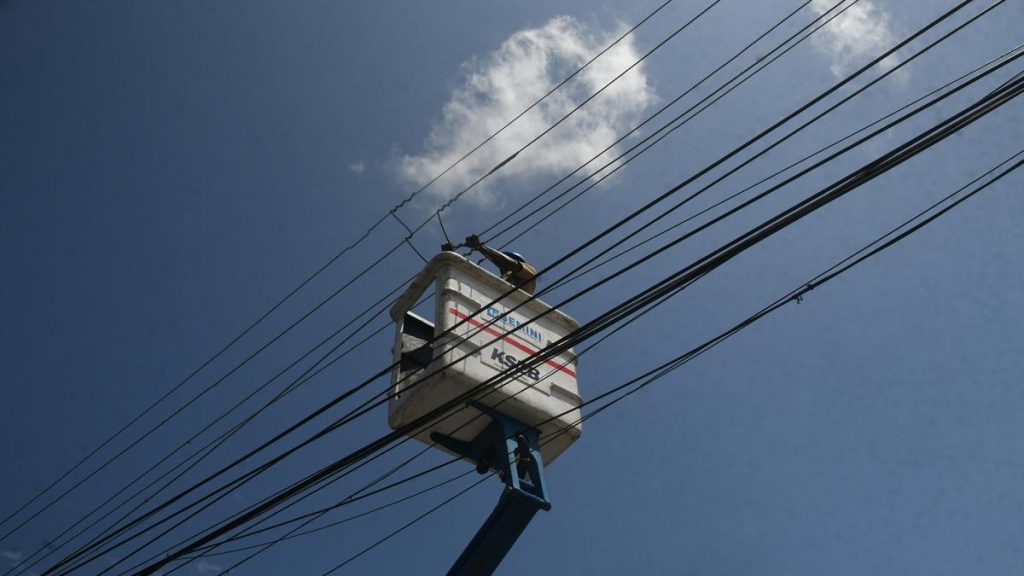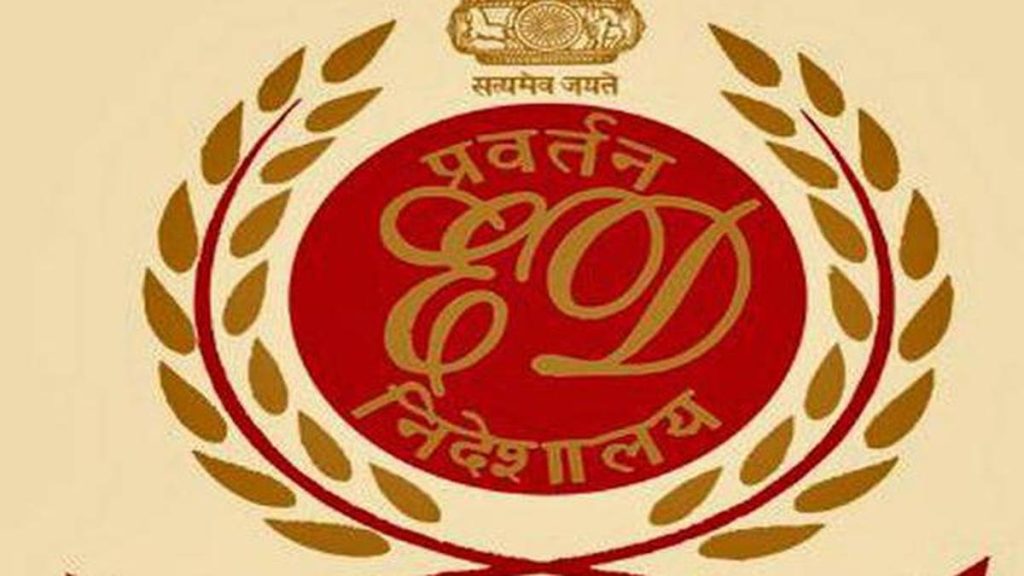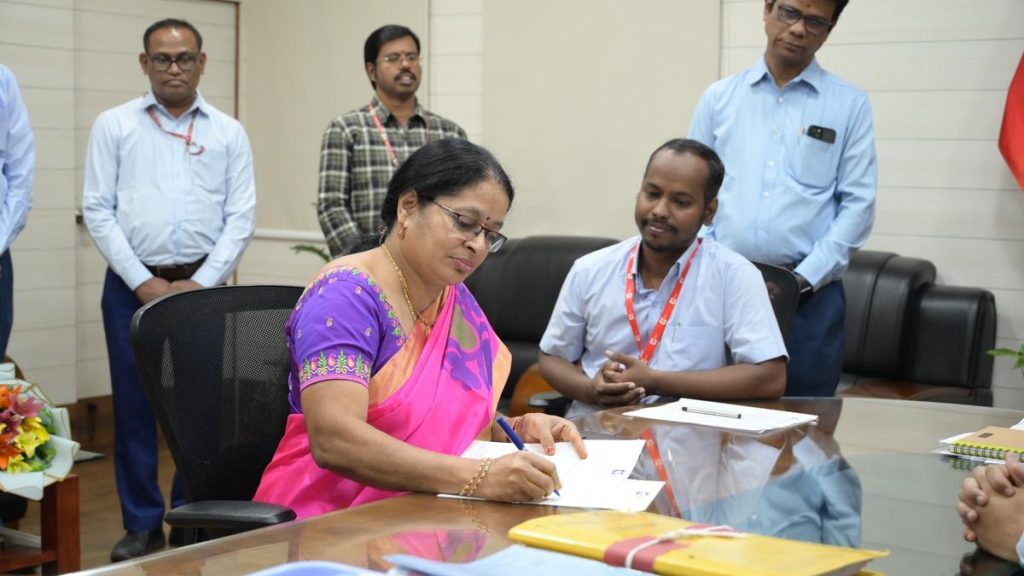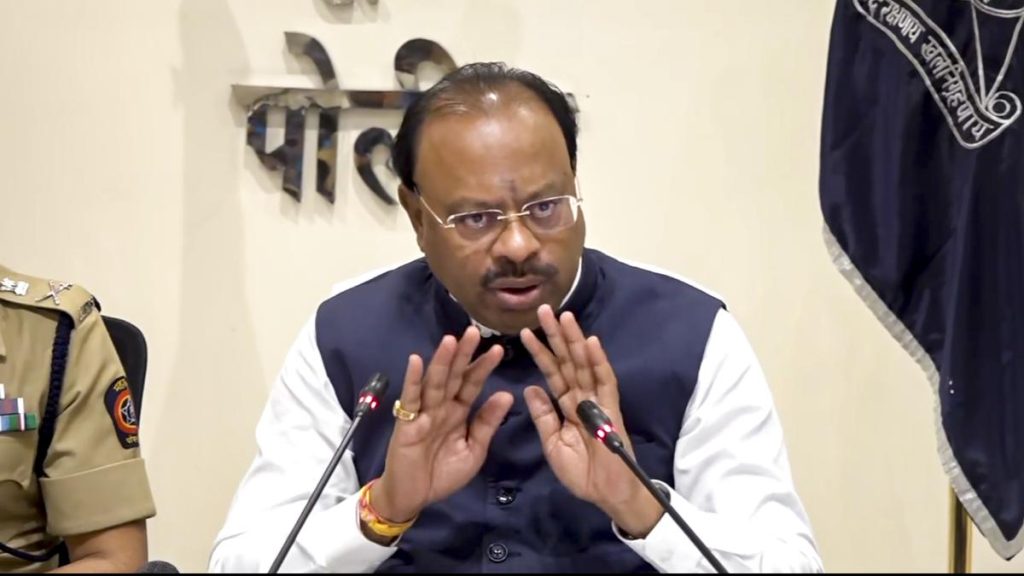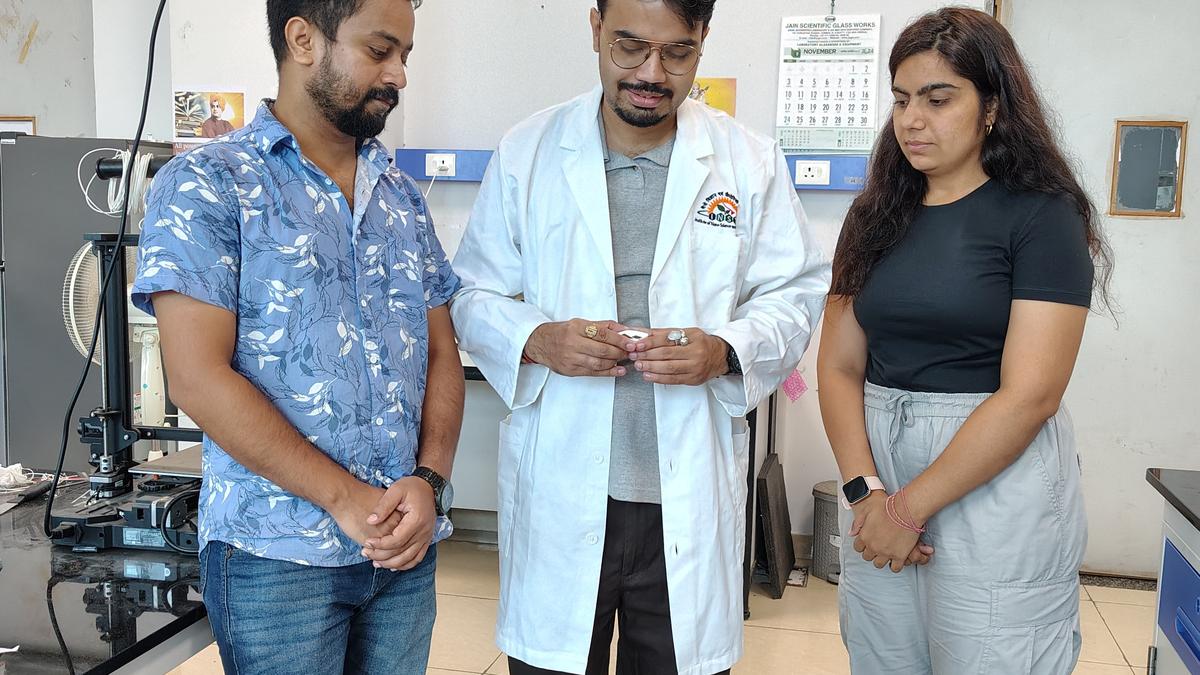Now Reading: Preliminary Crash Report Reveals Key Findings
-
01
Preliminary Crash Report Reveals Key Findings
Preliminary Crash Report Reveals Key Findings
Quick Summary
- Leaks in Western media suggest “human intervention” might be linked to the June 12 crash of Air India Flight AI 171, prompting the AAIB (Aircraft Accident Investigation Bureau of India) to appeal for waiting until its final report is published after a preliminary report was released on July 12.
- The AAIB emphasized its adherence to international standards and highlighted concerns regarding speculative reporting undermining the investigative process. It maintains that updates will be shared as required.
- Western media outlets like The Air Current, Wall Street Journal (WSJ), and Corriere della Sera have published articles pointing towards issues with manual fuel selector switches, pilot actions, or cockpit voice recorder findings. This has led Indian pilot groups to consider legal actions for defamation and reputational harm.
- The AAIB’s preliminary report mentions engine fuel cutoff switches transitioning position abruptly,leading to temporary thrust recovery. A Mayday call was issued by one of the pilots during this sequence.
- Criticisms have been raised about the lack of systemic recommendations or full cockpit voice recorder transcripts in the preliminary findings. The central issue appears tied to manual fuel selector switches on Boeing’s highly networked aircraft system.
- Airlines globally – including Singapore Airlines, Etihad Airways, Qantas – are conducting precautionary inspections following a DGCA directive that also applies additional safety checks on Air India’s Boeing fleet. This stems from past advisories about potential disengagement in switch locking mechanisms issued by U.S. FAA back in 2018.
- Suggestions for improved accident investigation include using video recorders in flight decks-a debated concept for nearly two decades.
Indian Opinion Analysis
The investigation into Air India Flight AI 171 reflects ongoing complexities involved in modern aviation systems wherein both human error and mechanical designs interplay critically during emergencies. While speculation over “manual intervention” has sparked concerns among pilot bodies over defamation risks, it is imperative thay are granted due protection until verified conclusions emerge.
AAIB’s adherence to international investigative protocols aligns with India’s responsibility under ICAO norms but highlights broader challenges involving clarity versus public expectations amid media scrutiny. Leaks and speculative coverage run counterproductive risks-potentially harming trust among stakeholders such as passengers, pilots, and regulatory authorities globally.the DGCA directive mandating enhanced safety checks ensures preemptive measures are taken across India’s fleet; however systemic vulnerabilities-acknowledged internationally since FAA alerts-warrant further scrutiny beyond surface-level switch mechanics.
Globally coordinated investigations remain essential given Boeing’s wide operational network spanning multiple airlines worldwide alongside diverse flight conditions akin varying national oversight norms updates-read-more>


